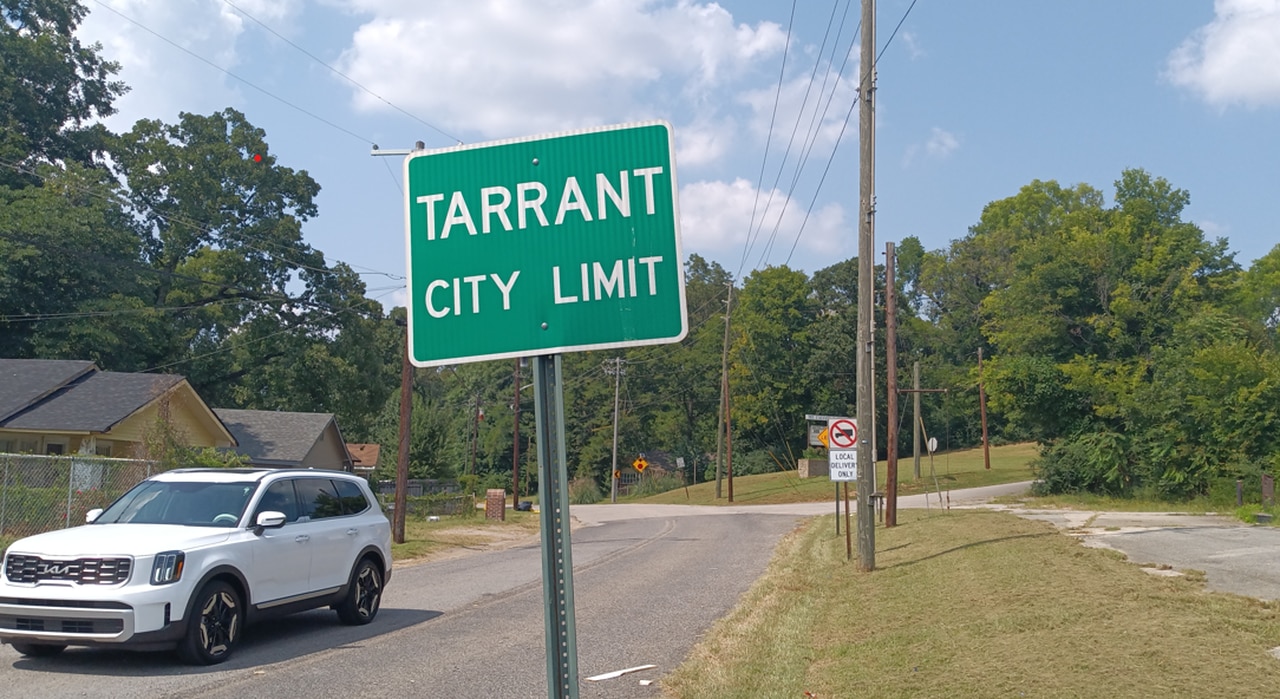Judge sets trial set to determine whoâs in charge of Tarrant
The legal tug-of-war over who runs the city of Tarrant is on the way to a final courtroom showdown.
In two orders issued on Tuesday, Jefferson County Circuit Judge Pat Ballard set the stage for the mayor, city council and city manager to face off in his courtroom on Jan. 3, 2024.
At the heart of the case is who has authority to lead the day-to-day operations in the city of about 6,000 people just northeast of Birmingham — Wayman Newton, the elected mayor, or John C. Brown, the city manager who was appointed by the council over the summer.
Ballard, in one order Tuesday denied a request from Brown and the council to bar Newton, who is also a lawyer, from representing a citizen in the case. Newton is suing on behalf of Deanna Ceasor, one of his supporters in the city, rather than naming himself as the plaintiff.
Attorneys for Brown and the council argued that Newton should not represent a client in a case in which he personally stands to benefit. Ballard shot down that argument and instead set the court date.
Newton, who took office in 2020, remains at odds with each of the five city council members. They voted unanimously to hire Brown and pay him $100,000 per year to handle daily activities. Brown would have “all lawful and statutory authority,” according to the ordinance approved by council members in May, effectively stripping Newton of his duties.
Newton sued, alleging the council had changed the city’s governing structure without either state approval or a referendum by the people of Tarrant.
In his lawsuit, Newton questions Brown’s authority to hold the position and the council’s authority to hire him. Newton accuses the council of failing to follow the state law, which sets provisions for changing a city’s form of government.
According to the law, the council must either seek a referendum or ask the state legislature to pass a bill to change the city’s form of government. The council did neither before hiring Brown.
Ballard, in an earlier hearing on June 20, when he temporarily blocked Brown from acting as city manager, sided with the mayor that the council had gone beyond its authority.
“For it to become answerable to the City Council, you’re effectively changing the form of government from a mayor-Council form of government to a Council-manager form of government,” Ballard said at the time.
While the lawsuit works its way through the courts, Brown continues to draw his salary but is not at city hall. State law sets provisions for changing a city’s form of government, requiring a petition signed by at least 10 percent of the residents, followed by a referendum vote.
In the court case, the Tarrant council cites a nearly century-old provision that allows cities to hire managers. They argued that hiring a city manager did not change Tarrant’s form of government.
Ballard has said that the council did not have the right to strip the mayor of his powers, which it did by hiring Brown. Doing things the wrong way has “wound up making a two-headed monster, and I don’t see how that doesn’t create irreparable harm,” he said.
While Ballard gave a preview of his initial opinion on the case, he also noted that his view was not a final order.
“I’m more inclined to give people an opportunity to, number one, have the benefit of what my current leaning is and what it’s based upon, but then I’ve been persuaded before that I was wrong,” he said in June.
